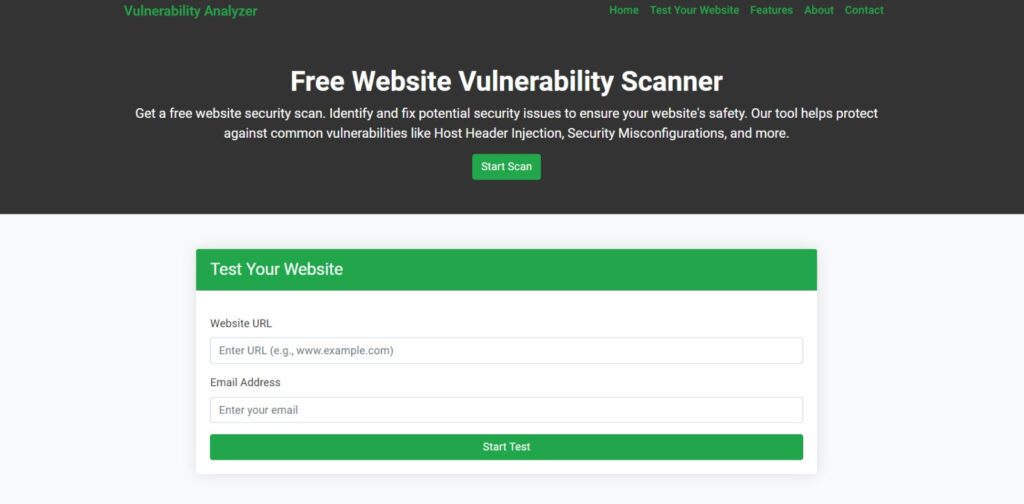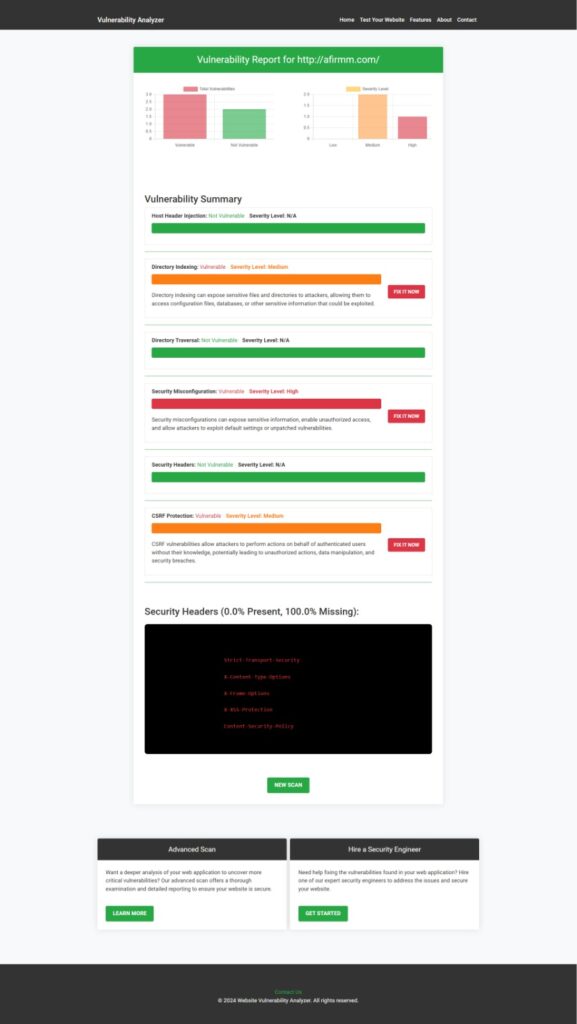7 Powerful API Vulnerabilities in OpenCart and How to Fix Them
APIs are the backbone of modern e-commerce platforms like OpenCart, enabling seamless integration of services and applications. However, they also introduce vulnerabilities that hackers can exploit. In this blog, we’ll explore API vulnerabilities in OpenCart, provide real-world coding examples, and share tips for mitigating these risks to keep your e-commerce platform secure.

7 Common API Vulnerabilities in OpenCart
1. Insecure Direct Object References (IDOR)
IDOR vulnerabilities allow attackers to access or modify resources by manipulating object IDs in the API request.
Example:
// A typical vulnerable API endpoint
$product_id = $_GET['product_id'];
$query = "SELECT * FROM products WHERE id = $product_id";
$result = mysqli_query($connection, $query);The Issue:
An attacker can manipulate the product_id parameter to access data they’re not authorized to view.
Solution:
Always validate user permissions and use prepared statements:
// Secure implementation
$product_id = (int)$_GET['product_id'];
$stmt = $connection->prepare("SELECT * FROM products WHERE id = ? AND user_id = ?");
$stmt->bind_param("ii", $product_id, $user_id);
$stmt->execute();2. Broken Authentication
APIs with weak authentication mechanisms can allow attackers to impersonate users.
Example:
A token-based authentication system without proper expiration:
// Vulnerable token implementation
$token = $_GET['token'];
$query = "SELECT * FROM users WHERE token = '$token'";
$result = mysqli_query($connection, $query);Fix:
Use robust authentication mechanisms like OAuth 2.0 and ensure tokens expire after a short duration.
3. Excessive Data Exposure
APIs often expose more data than necessary, which can be exploited by attackers.
Example:
{
"user": {
"id": 1,
"email": "[email protected]",
"password": "hashedpassword",
"phone": "1234567890"
}
}Solution:
Use data filtering to expose only the necessary fields:
$response = [
"id" => $user->id,
"email" => $user->email
];
echo json_encode($response);4. Rate Limiting and Throttling Issues
APIs without proper rate limiting are vulnerable to brute force and DoS attacks.
Fix:
Implement rate limiting using tools like Laravel Rate Limiter or external APIs like Cloudflare’s security features.
5. Insufficient Logging and Monitoring
Lack of proper logging makes it difficult to identify and respond to API abuse.
Example:
An API without detailed logs:
if ($error) {
echo "An error occurred";
}Fix:
Log detailed information securely using monitoring tools:
if ($error) {
error_log("API Error: " . $error, 3, "/var/log/api_errors.log");
}Image Integration: Screenshots of Free Tools
To enhance the security of your OpenCart API, we recommend using our free tools to check Website Vulnerability. Below is a screenshot of our free Website Security Scanner tool to help identify vulnerabilities.

Additionally, here is an example of a vulnerability assessment report generated by our tool.

These tools provide actionable insights, making it easy for businesses to safeguard their APIs.
6. Lack of Input Validation
APIs that fail to validate inputs can fall victim to injection attacks.
Example:
$query = "SELECT * FROM users WHERE username = '$_GET[username]'";Fix:
Implement proper validation and sanitization:
$username = filter_input(INPUT_GET, 'username', FILTER_SANITIZE_STRING);7. API Key Leakage
Exposed API keys in source code or logs can lead to unauthorized access.
Prevention Tips:
- Store API keys in environment variables.
- Rotate keys periodically.
- Use IP whitelisting to restrict access.
Link to Related Resources
To deepen your understanding of securing APIs and addressing vulnerabilities, check out these related blog posts:
- Fix Weak Password Policies in TypeScript
- Insufficient Logging and Monitoring in OpenCart
- Prevent Host Header Injection in OpenCart
- Prevent Clickjacking in OpenCart
- Visit our Blog
These posts will provide actionable steps to enhance your cybersecurity posture.
Conclusion
Securing APIs in OpenCart is critical for protecting your e-commerce platform. By addressing vulnerabilities like IDOR, broken authentication, and insufficient logging, you can significantly reduce risks. Leverage tools like our Website Security Checker to identify and fix issues proactively.
Ensure your APIs are secure, your data is protected, and your customers’ trust is unwavering.


Pingback: Fix Insufficient Logging and Monitoring in TypeScript: 2025